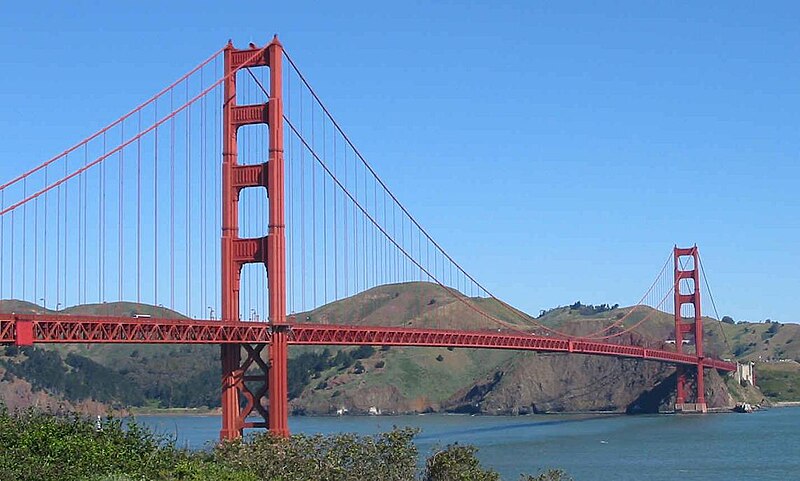 Climate change emissions, airport noise and local air pollution all head alarmingly upwards: suppressed report uses US, European and UK Government-linked regulator databases
Climate change emissions, airport noise and local air pollution all head alarmingly upwards: suppressed report uses US, European and UK Government-linked regulator databasesA report submitted to the 7th US/Europe ATM R&D Seminar held in Barcelona last summer has recently surfaced, following research by the AEF.
The technical report uses date forecasts from authoritative Government regulator research sources (1). The report was submitted to the Seminar organisers but not accepted and remains unpublished - until today!The headline global figures are as follows:
* Airport noise - 24 million people affected by noise in 2000 rising to 30.3 million by 2025
* Local Air Quality - NOx pollution around airports and at altitude rises from 2.5 million tonnes in 2000 to 6.1 in 2025
* CO2 emissions - 572 Mt in 2000 rising to 1229 Mt in 2025
Jeff Gazzard, AEF spokesman, said: “This suppressed report forecasts shocking and continually rising impacts from aviations’ major environmental impacts on a region by region basis. Noise above WHO guideline levels is set to rise from impacting 1.4 million people in 2000 across Western Europe to 3.98 million in 2025 - an intolerable public health burden dumped unasked and unwanted on airport communities.
And with forecast local air quality impacts from NOx levels around airports rising too, the report itself acknowledges these “may lead to adverse health effects.”
” The projected rise in aviation’s climate change impacts shows they are simply out-of-control! CO2 emissions globally are forecast to rise from 572 Million tonnes in 2000 to a staggering 1228 million by 2025. Aviation emissions on this scale run a severe risk of overwhelming all CO2 reduction targets.
More >>>
 Planet Earth is unwell, argues James Lovelock in The Green Room. Emissions of greenhouse gases and other environmental changes have, he says, brought humanity and the natural world to the edge of crisis.
Planet Earth is unwell, argues James Lovelock in The Green Room. Emissions of greenhouse gases and other environmental changes have, he says, brought humanity and the natural world to the edge of crisis.













